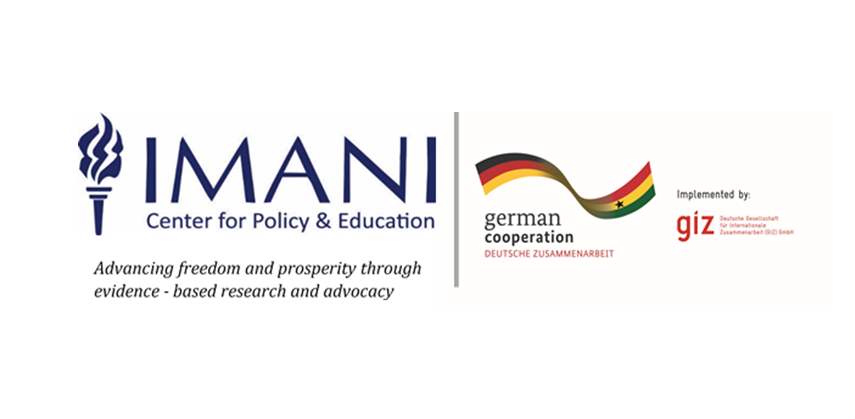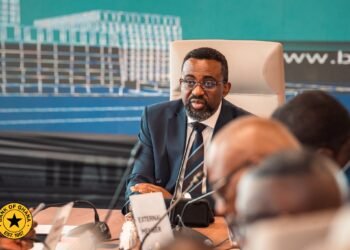Mr Kwame Pianim, a seasoned economist and investment consultant, has called for a collective effort from various stakeholders to help address the country’s economic challenges.
The Economist said the economic issues are so broad that it requires various stakeholders from industry, academia and the international community to speak about them and to offer different perspectives for consideration by policymakers.
Mr. Pianim contended that as it stands now, the Ghanaian economy is not resilient because it’s not generating enough reserves. He questioned the excessive focus of the government on the revenue side of the economic equation relative to the expenditure side. He said that the main area of focus for policymakers going forward, should be the expenditure side. The Economist recommended that government should use quality predictive models and analysis in its economic decision-making.
Economy not in good condition
Speaking at the IMANI-GIZ Reform Dialogue Series, Mr Kwame Pianim said “where the [Ghanaian] economy is now, is not pretty” and the environment cannot be described as enabling but highlighted that some of the problems are attributed to external shocks.
“On the plus side, Ghana is a member of the IMF, a paid member which means that when you get into these shocks, and you need to make sacrifices to be able to get out of them, you can go to the IMF and get money if you are serious about getting out of your problems. Which means you are going to inflict pains, sacrifices on your people. When you do a home-grown one, you don’t have any resources but when you are ready to inflict the pain and you talk to the IMF, and the pains come, they also provide resources; balance of payment foreign exchange to cushion your currency and support for your recurrent expenditures”.
Kwame Pianim
Speaking on the need to scale up investment efforts, Mr Kwame Pianim said “For Ghana, if we are to grow maybe 6 to 8%, which we need to make steady progress, you need to invest about 18-24% of GDP as investment. If we have a saving rate of less than 15%, the rest has to come from outside and therefore, you need to have a macroeconomic environment that is attractive to investors”.

Mr. Kwame Pianim said “we should not waste the [current] crisis” but instead use it to create a better and sustainable macroeconomic environment. He recommended that the government should follow a cost-cutting approach, coupled with the need for the Fiscal Council to be involved by giving a nihil obstat over all the big-ticket expenditure of the government.
Comments and recommendations by other panelists
Dr. Priscilla Twumasi-Baffour, Senior Lecturer at the Department of Economics, University of Ghana, also a panelist on the program, suggested that the cost of borrowing should be reduced as it feeds into the cost of credit. She also called on the Bank of Ghana to take a critical look at the spread of the exchange rate because it’s currently too high.

Moreover, she noted that there should be infrastructure that supports investment covering land title issues, legal rights, concerns for transparency, and reduction in corruption. She also recommended the diversification of the economy and the reduction of social expenditure.
Dr. Sam Mensah, Founder and Executive Chairman of SEM Group, another panelist on the program, admonished the government to maintain a stable fiscal environment to encourage investors to come into Ghana.
Meanwhile, Hon. Dr. John Ampontuah Kumah, Member of Parliament for Ejisu and Deputy Minister of Finance, noted that the macroeconomic environment is meant to be an enabler, but the Ghanaian economy is not yet there but on the path. He noted that the government is reducing the deficit, revising expenditure targets by 30% for discretionary expenses, and has placed a moratorium on the importation of vehicles, among others.
READ ALSO: KambangCooperative Started as an FBO: 2021 National Best Farmer























